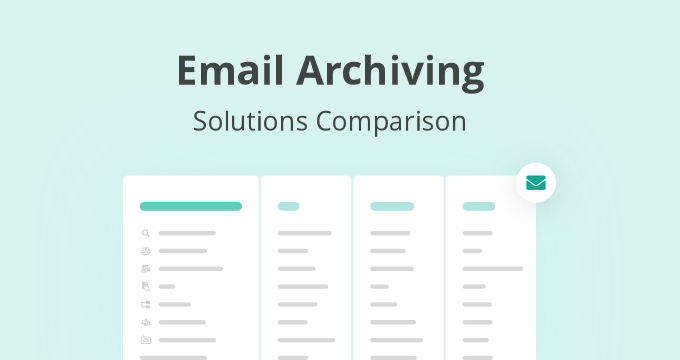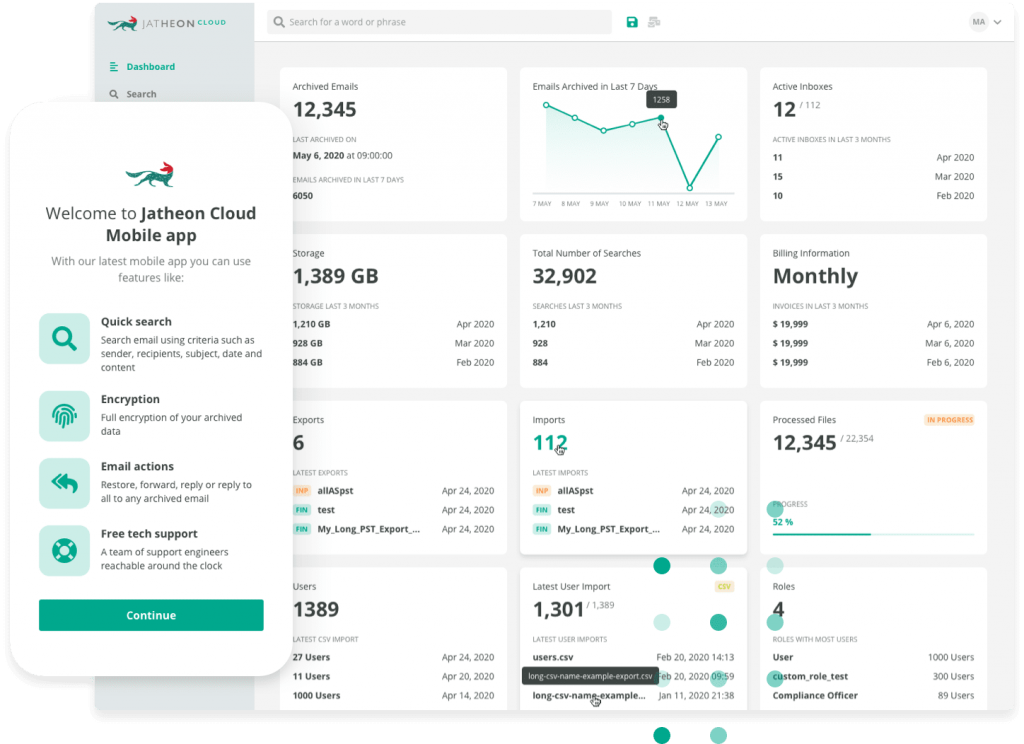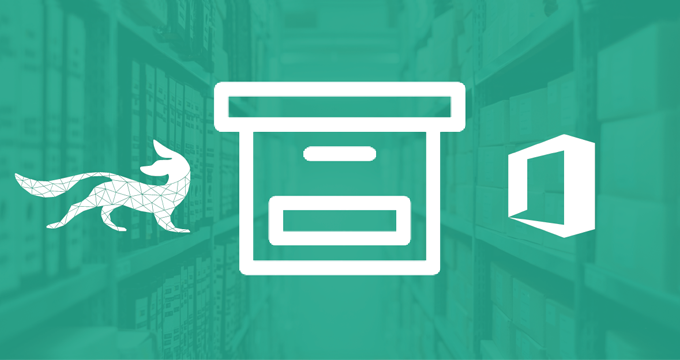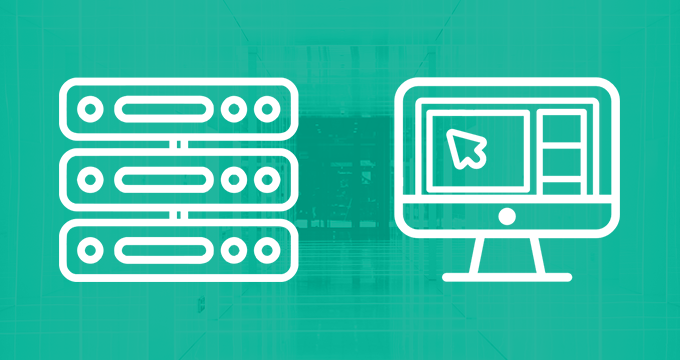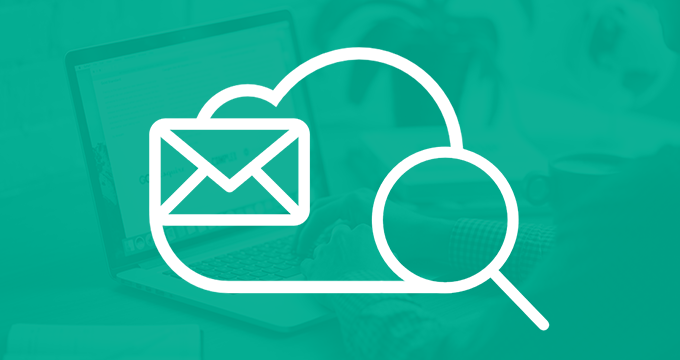Searching for the right email archiving solution can be time-consuming and confusing. Not only are there different types of email archiving solutions, but there are also multiple providers. Each of them offers a unique set of features at different price levels.
With so many factors to look for, email archiving software comparison is a tedious and complex task. That’s why we did the hard work for you.
Keep reading to find out how to select the best archiving software to fit your needs.
6 Types of Email Archiving Solutions
Before the mid-2000s, all archiving solutions were software, and then hardware appeared.
We’ve been in the industry since its beginnings, so we also wrote an article about the history of business information archiving in case you want to dig deep.
Now you can find hundreds of different options from different providers and even more types of archiving solutions, including cloud, hybrid, and native email archiving.
In the table below, you can find an overview of email archiving software comparison:
| Type of solution | Deployment* | Payment | Additional purchase required** |
| Hardware | On-premises | One-time +
Additional maintenance costs |
No |
| Software | On-premises | One-time +
Additional maintenance costs |
Yes |
| Cloud | Off site | Per mailbox (typically per user per month) | No |
| Hybrid | Both | One-time + Additional maintenance and storage costs |
Yes |
| Virtual | On-premises | One-time + One-time +
Additional maintenance costs |
Yes |
| Native Email Server | Both | One-time OR per mailbox | Yes |
*In email archiving, deployment includes all the processes that are necessary for a new system (hardware or software) to run as it should in the intended environment. These processes include installation, configuration, testing etc. Different deployment models mean that the software could be hosted or installed on the client’s premises (in their data center).
**Some deployments and solutions require the client to purchase additional services or modules for disaster recovery, storage expansion etc.
Email Archiving Software Solutions
Email archiving software solutions come as a downloadable link that you need to install (you can also find them on DVD, which is rarely used nowadays). In addition to purchasing a software license, you need to purchase the following in order to set up the solution:
- Hardware server and web server
- Operating system
- Database for installing the software
- Some solutions also require database software like Microsoft SQL and web server software Microsoft IIS
Each of these components must be deployed and configured separately. Because these solutions have various moving parts, planning ahead is necessary.
Hardware Email Archiving Solutions
Hardware email archiving solutions, also known as appliance solutions, are bundled software-hardware packages. These appliances already have everything you need to archive your emails so you can just plug them in, and they’re ready to deploy.
No additional purchases are required. You get:
- Hardware server
- Email archiving appliance
- Operating system
- Web server software
- Database software
- End-user tools
Deployment only takes a few hours, and all components are already available and ready to use. Implementation and setup don’t require much planning ahead.
Virtual Email Archiving Appliances
When you purchase a virtual email archiving appliance, you receive a pre-configured virtual computer with all components ready to go. You get:
- Virtual machine
- Operating system
- File system
- Database software
- Web server software
- End-user tools
Additionally, you need to purchase a VMware or HyperV license. Similar to appliance solutions, planning and deployment only takes a couple of hours.
Cloud Email Archiving
Cloud email archiving solutions are one of the most hands-off options. You don’t get any appliances, and you don’t need to purchase any additional components – it’s already deployed in the cloud. All you need to do is set it up and start archiving your emails.
Because of the easy setup, planning takes only around an hour, and the deployment takes a few hours.
Hybrid Email Archiving
Hybrid email archiving solutions combine on-premises hardware and software with cloud storage. You get the on-premise appliance along with cloud configuration details. Additionally, you need to purchase a software solution.
Each component must be deployed and configured separately. Due to multiple components that need to be deployed, planning ahead is essential.
Native Email Archiving
Email service providers such as Microsoft and Google offer native email archiving along with other services.
Online email archiving solutions are priced per mailbox, and they add to the system’s costs. On the other hand, onsite solutions demand more processing power and storage space.
Configuration time varies depending on the solution. After the extra purchases are completed, and components are deployed, the configuration can usually be done in a couple of hours to a couple of days.
Because of the additional hardware or cloud components, implementation of these solutions requires planning and the feature set is usually limited when compared to third-party email archiving vendors who specialize in large-scala data archiving.
Email Archiving Solutions Price Comparison
One of the crucial factors to consider in email archiving software comparison is pricing.
In general, pricing models for email archiving solutions fall into two categories: capital expenditure (CAPEX) and operating expenses (OPEX).
Capital expenditure is a one-time cost that requires little annual upkeep. The suppliers charge a one-time fee and base their prices on the number of users or the size of the disk.
On the contrary, operational costs are continuing costs of using a product or a service. Services are paid monthly or yearly, and the cost is based on the number of users.
Here’s how different types of email archiving fit into this categorization:
| Solution | Pricing model | Price base | Estimated cost (500 users per year) |
| Hardware | CAPEX | Charged based on disk size | $22,000 |
| Software | CAPEX | Based on disk size or charged per user | $20,000 |
| Cloud | OPEX | Charged per user | $15,000 |
| Hybrid | Both | Based on disk size or charged per user | One time + monthly cost |
| Virtual | CAPEX | Based on disk size or charged per user | $14,500 |
| Native Email Server | OPEX | Charged per user | $216,000 |
NOTE: All calculations are for illustrative purposes only.
The cost of hardware email archiving
- Pricing model: CAPEX + OPEX (Maintenance)
- Estimated 5-year cost for 500 employees: $46,000
- Price: $$
The pricing of hardware email archiving is based on disk capacity. You can choose a model based on your daily email traffic, the number of users, and retention needs.
You also need to pay extra for maintenance and support. Support subscriptions include year-round email and phone support, as well as all version updates. You must renew the subscription every year.
Upgrades to newer appliances are an additional cost, but most vendors offer discounts to current customers who need to upgrade their appliances.
Using an email archiving appliance adds no further expenses. The hardware appliance’s key selling feature is that everything you need is already there and is ready to use within hours.
The cost of email archiving software
- Pricing model: CAPEX
- Estimated 5-year cost for 500 employees: $34,000
- Price: $
The email archiving software companies charge per seat, and there’s a minimum number of seats you need to buy (usually, at least 5).
Additionally, there are maintenance and support fees. Premium service includes phone access to support personnel, while standard support is email only. You must renew the support yearly.
You also need to pay for upgrades to new software versions, and pricing varies by vendor. Suppliers usually offer steep discounts to current customers to upgrade to the new version.
Other costs include the operating system and hardware costs, and sometimes even web server and database server software.
The cost of cloud email archiving
- Pricing model: OPEX
- Estimated 5-year cost for 500 employees: $75,000
- Price: $$$
Cloud email archiving solutions are priced per user. Providers charge a flat rate, and the pricing is based on the company’s staff count and the number of mailboxes.
There are no additional maintenance or support fees. Prices also include all support and upgrades.
Cloud solutions are one of the most expensive email archiving options, but they offer hands-off, worry-free access to your data and excellent flexibility and scalability.
Some providers charge for retaining ex-employee data. This can be problematic since your licensing fee grows when new workers join and never drops when employees depart.
The cost of a virtual email archive
- Pricing model: CAPEX
- Estimated 5-year cost for 500 employees: $25,000
- Price: $
Similarly to hardware solutions, prices are determined based on disk capacity, and disc capacity is determined based on your needs.
Maintenance and support fees also include subscriptions to year-round email and phone support, as well as all version updates.
Some companies upgrade the next generation virtual solution for free or at a lower cost for current users.
A virtual license might be an additional cost.
The cost of native email archiving
- Pricing model: OPEX
- Estimated 5-year cost for 500 employees: $1,080,000
- Price: $$$$
Email service providers such as Microsoft and Google offer email archiving as an optional service. The cost of native email archiving is based on user license.
There are no annual maintenance or support fees. Prices include support and upgrades.
Native solutions charge a premium for your convenience, so they are one of the most expensive options.
Some companies provide a low-priced or free first year but charge a much higher second year.
| Related: Guide to Microsoft Office365 Archiving |
Simplify email archiving with Jatheon
When it comes to email archiving software comparison, there are no clear winners. All solutions have their strengths and weaknesses. Cloud solutions offer ease and convenience but come with higher costs. Hardware and virtual solutions offer high capacities but require more set-up time and maintenance than cloud solutions.
Choosing the right solution comes down to your needs. Jatheon offers fully scalable and low-maintenance archiving solutions to fit all your needs. Whether you want on-premise or cloud email archiving, we have you covered.
To learn which email archiving system is the best for you, reach out to our archiving experts or book a free demo to discuss your needs in detail, explore the solutions and get pricing.
Read Next:Office 365 Email Archiving: Finding An Alternative Top 5 Email Archiving Software Features (for 2024 and beyond) What to Look for in a Cloud Email Archiving Solution in 2024 |
